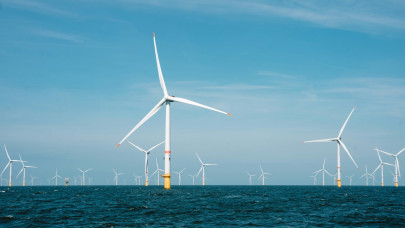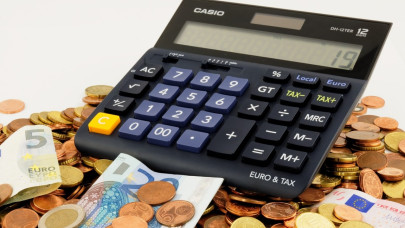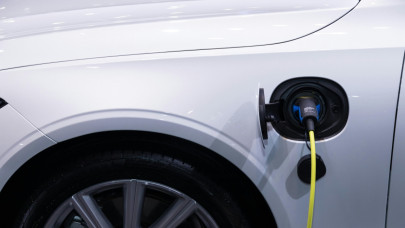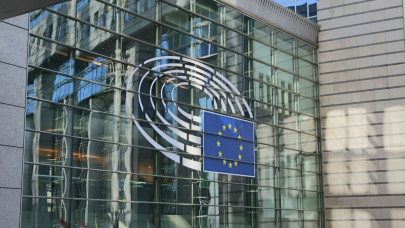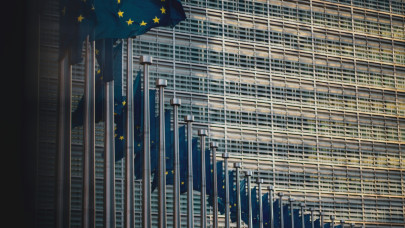The allocated amount represents more than half of the €574 million total investment needed for these projects, with the remainder coming from national, regional, and local governments, public-private partnerships, businesses, and civil society organizations.
LIFE projects contribute to reaching the European Green Deal's broad range of climate, energy, and environmental goals, including the EU's aim to become climate-neutral by 2050 and to halt and reverse biodiversity loss by 2030 while ensuring Europe's long-term prosperity. This investment will have a lasting impact on our environment, the economy, and the well-being of all Europeans. The projects will cover all areas of the LIFE program, mobilizing:
€143 million (of which the EU will provide €74 million) to contribute to the circular economy and improve quality of life, with 26 projects reducing water use, industrial and household waste, air and noise pollution, as well as making the business case for reducing, reusing and recycling;
Close to €216 million (€144.5 million EU contribution) for nature and biodiversity projects to restore freshwater, marine and coastal ecosystems, and habitats; and improve the conservation status of birds, insects, reptiles, amphibians, and mammals;
some €110 million (nearly €62 million EU contribution) for climate resilience, climate mitigation, and governance and information;
€105 million (€99 million EU contribution) for governance and market solutions to accelerate the clean energy transition.
Examples of projects supporting sustainability, innovation, and quality of life
Among the 26 projects selected to promote a more circular economy and quality of life, the €7.5 million project LIFE GRAPhiREC aims at recycling graphite from battery waste in Italy. It is projected to generate €23.4 million in revenue and save €25 million in production costs. The Spanish project LIFE POLITEX will invest €5 million in reducing the fashion industry's environmental footprint by converting textile waste back into new textiles. The €9.8 million DESALIFE project from the Canary Islands aims to support water resilience by producing fresh water from the Atlantic Ocean. Off-shore wave-powered buoys deployed off the Canary Islands will pump 1.7 billion liters of desalinated freshwater to shore.
25 projects will support nature and biodiversity in a wide range of areas. Two projects, LIFE4AquaticWarbler, and LIFE AWOM, involve Belgium, Germany, Spain, France, Lithuania, Hungary, the Netherlands, Poland, and Portugal, as well as Ukraine and Senegal, with a combined budget of nearly €24 million to save the rare aquatic warbler bird, in line with the EU Biodiversity Strategy for 2030. Another example is Biodiverse City LIFE, a €3.6 million project in Budapest to promote the ‘peaceful coexistence of nature and the urban lifestyle'.
IMAGE LIFE and LIFE VINOSHIELD are part of the 23 climate change resilience and mitigation projects announced today. With a combined budget of €6.8 million, the projects taking place in Spain, France, and Italy will help world-renowned vineyards and the production of famous cheeses such as Parmigiano Reggiano, Camembert de Normandie, and Roquefort to become more resilient to the impact of extreme weather events. The projects showcase responses on how Europe's wider agricultural industry can best adapt to climate change and water scarcity. Equally important is the €6.9 million LIFE BLUE 420 kV GIS project, taking place in Belgium, led by Siemens to reduce greenhouse gas emissions from electrical circuit breakers.
To ensure a clean energy transition, as part of the 59 new projects announced today, LIFE DiVirtue, a three-year, €1.25 million digital training scheme will build capacity for a more efficient and innovative building and construction industry sector. The project notably uses virtual reality (VR) and augmented reality (AR) to help construction students and professionals deliver zero-emission buildings and renovations across Bulgaria, Czechia, Greece, Croatia, and Romania. Meanwhile, with almost € 10 million, the ENERCOM FACILITY project will provide direct grants to 140 emerging energy communities across Europe to trigger investments in sustainable energy. It will further support energy communities in developing their business models through training and capacity-building materials, paving the way for replicable business models with long-term sustainability.


